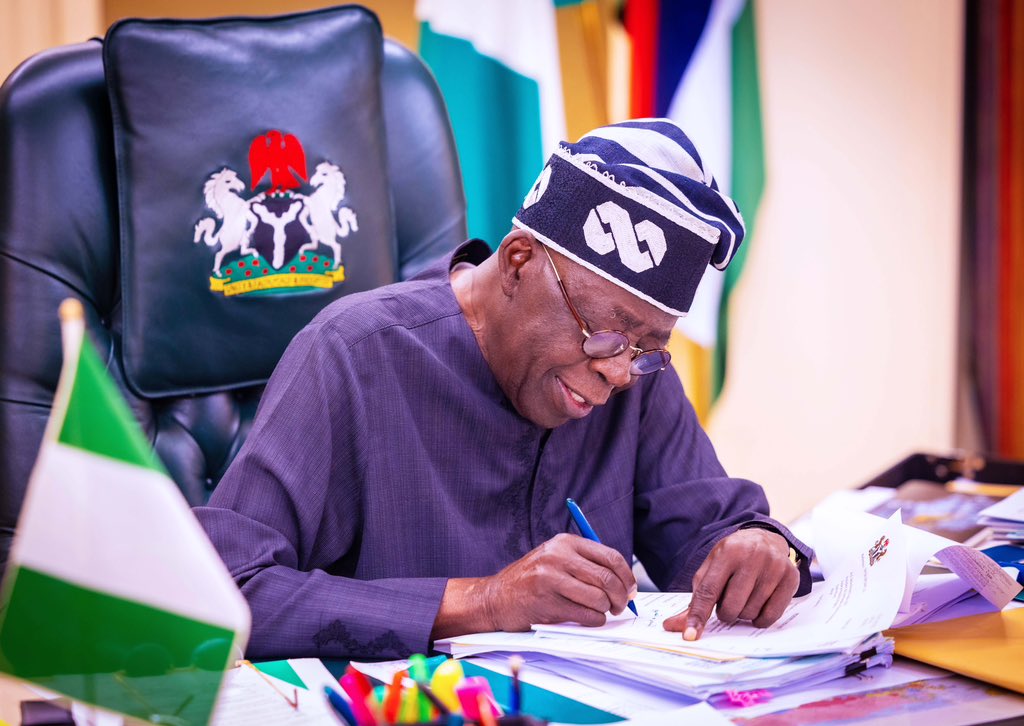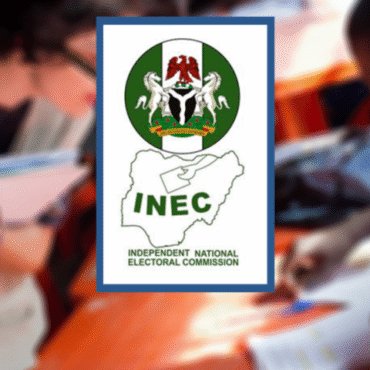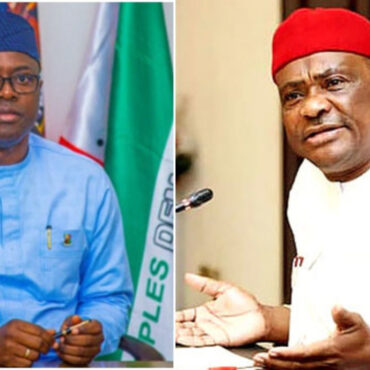President Bola Tinubu has withdrawn the controversial state pardon earlier granted to 175 convicts, including individuals convicted of drug trafficking, kidnapping, and fraud, following widespread public backlash.
The decision, announced in a statement by the President’s Special Adviser on Information and Strategy, Bayo Onanuga, on Wednesday, came after a review of the clemency list approved during the National Council of State meeting on October 9, 2025.
According to the statement, the President directed that all beneficiaries convicted of serious crimes such as kidnapping, human trafficking, drug offences, fraud, and illegal possession of firearms be removed from the list, while others had their sentences commuted. Onanuga explained that the decision became necessary due to the gravity and security implications of the offences involved, the need to show sensitivity to victims, and the importance of maintaining the morale of law enforcement officers.
The Presidency stated that the review followed consultations with the Council of State and public feedback, in line with the President’s constitutional powers under Section 175 (1) and (2) of the 1999 Constitution.
Attorney-General of the Federation and Minister of Justice, Lateef Fagbemi (SAN), confirmed that the review reduced the number of beneficiaries from 175 to 120, with several high-profile names delisted or reassigned under reduced imprisonment terms. An official gazette dated October 23, 2025, contained four revised instruments—Pardon, Clemency, Reduced Terms of Imprisonment, and Commutation of Death Sentences—detailing the changes.
Notably, Maryam Sanda, convicted in 2020 for killing her husband, Bilyaminu Bello, was removed from the full pardon list and instead placed under a reduced 12-year term. The new gazette also delisted several drug traffickers and fraud convicts. Fagbemi explained that the review followed concerns raised by the public and the Council of State to ensure strict adherence to legal and procedural standards. He noted that during the final review, some individuals earlier recommended for pardon were found not to have met the requirements and were accordingly delisted, while others had their sentences adjusted to reflect fairness, justice, and the spirit of mercy.
The President also ordered the relocation of the Presidential Advisory Committee on Prerogative of Mercy from the Ministry of Special Duties to the Ministry of Justice. New guidelines now require mandatory consultation with relevant prosecuting agencies before any future pardon is approved.
The revised Presidential Pardon retained only a few full pardons, including historical and symbolic cases such as national heroes and activists who were posthumously honoured. A handful of contemporary public officials convicted for corruption but who had already completed their sentences were also retained. Some inmates serving various terms were granted clemency for good conduct and rehabilitation, while a few death sentences were commuted to life imprisonment.
The Peoples Democratic Party (PDP) described the presidential reversal as evidence of confusion and disorganisation within the Tinubu administration. PDP Deputy National Youth Leader, Timothy Osadolor, criticised the back-and-forth process, saying it exposed policy somersaults and misplaced priorities. He added that it was as though decisions were made in the morning, reversed in the afternoon, and reviewed again by evening, describing the inconsistency as unacceptable.
The Movement for the Survival of the Ogoni People (MOSOP) also reacted, saying the posthumous pardon for the Ogoni Nine was not something to celebrate. MOSOP’s Publicity Secretary, Imeabe Saviour, described the move as a political ploy tied to oil resumption in Ogoniland, insisting that the Federal Government must first address environmental and developmental issues in the region.
Former Vice President Atiku Abubakar criticised the President’s initial approval of the pardons, calling the reversal an act of shame. In a statement issued by his aide, Phrank Shaibu, Atiku said Nigerians had once again witnessed a government that does not lead but merely reacts to public pressure. He demanded transparency regarding who compiled the original list and questioned the involvement of the Attorney-General and the criteria used for selection.
While the Labour Party commended Tinubu for bowing to public pressure, the New Nigeria Peoples Party (NNPP) faulted the inconsistency. NNPP spokesman Ladipo Johnson said the flip-flop showed that the presidency needed to get its act together. However, Labour Party spokesperson Tony Akeni praised the President for listening to Nigerians, urging him to show similar responsiveness in addressing economic hardship and the nation’s growing debt burden.






Post comments (0)